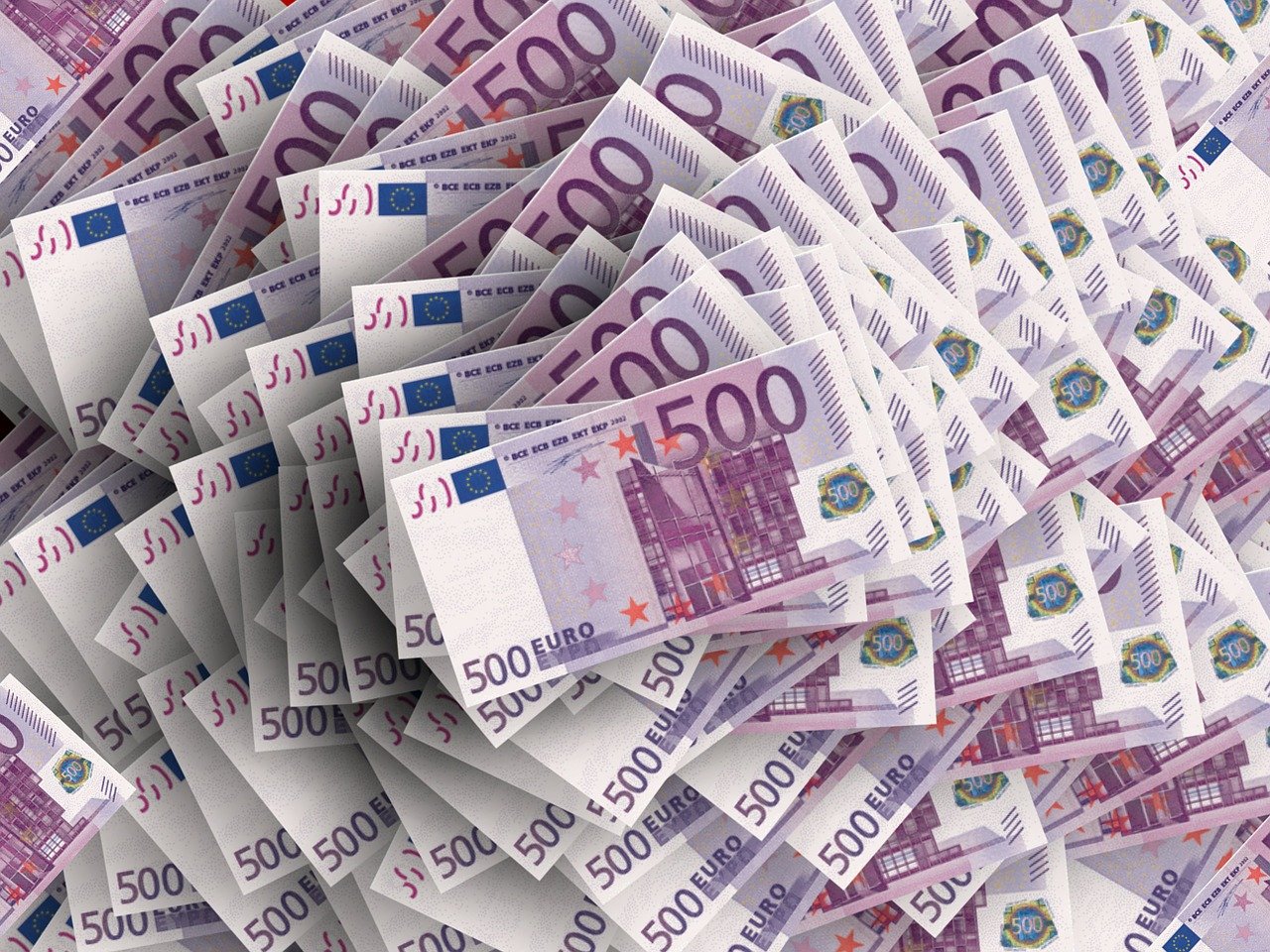Featured
Fintech Company Raisin Is about to Close a Financing Round of €50 Million
Most recently, Raisin had raised around €30 million via a convertible loan at the beginning of last year, according to media reports. Due to dwindling growth opportunities and inflated expectations, many fintech companies have had to lower their valuations in the meantime, either internally or publicly in the course of financing rounds.

Berlin-based financial startup Raisin is in the process of raising fresh funds from investors, according to financial circles. However, the exact size of the funding round, which is in its final stages, has not yet been determined, several people familiar with the matter said.
Read more about Raisin and find the latest financial news of the day with the Born2Invest mobile app.
Raisin could raise €50 million or more in the process, one of the insiders said
The company’s valuation could rise to at least €1.5 billion as a result, he added. Raisin would not comment on the matter.
Given the current reluctance of many venture capitalists, closing this round of financing would be a success for the interest and investment platform. With its “Weltsparen” brand, Raisin is one of the few fintech companies to benefit directly from the interest rate turnaround. Many consumers are now once again looking for higher-interest overnight and fixed-term deposits.
The company was founded in 2012 by Tamaz Georgadze, among others, who continue to manage Raisin. Currently, the amount investors have invested through Raisin is €36 billion. Four percent of that is in the investment arm, such as ETFs. This is a significant increase: in June 2022, the total investment amount was still €25 billion.
Through “Weltsparen” and “Zinspilot,” private customers can invest money with banks in other EU countries that pay relatively high-interest rates. In addition, Raisin offers investments in exchange-traded index funds (ETFs), ETF savings plans, and cryptocurrencies, for example. Raisin itself earns through commissions.
€36 billion invested via Raisin
Raisin is silent on its business figures – as well as its valuation. When the company merged with competitor Deposit Solutions a year and a half ago, it was likely worth well over a billion euros. At the time, the financial start-up received money from several well-known U.S. venture capitalists and the investment bank Goldman Sachs.
The current round of funding underpins Raisin’s status as a “unicorn,” it said. That’s the term used to describe startups with a valuation of more than $1 billion.
Most recently, Raisin had raised around €30 million via a convertible loan at the beginning of last year, according to media reports. Due to dwindling growth opportunities and inflated expectations, many fintech companies have had to lower their valuations in the meantime, either internally or publicly in the course of financing rounds. Swedish flagship fintech Klarna, for example, suffered an 85 percent drop in the summer.
Little money due to difficult conditions
Last year, the Ukraine war, high inflation, and the interest rate turnaround also put German fintech companies under severe pressure. They were only able to raise around €2.5 billion from investors in 81 financing rounds. This is shown by figures from the analysis firm Barkow Consulting and Comdirect. By comparison, in 2021, fintech companies in this country completed 181 financing rounds and raised a total of around €4.6 billion.
Nevertheless, there are some German fintech companies that were able to convince investors and close large financing rounds last year.
German-British payment service provider Sumup raised €590 million in loans and equity from investors in June last year and said it increased its valuation to €8 billion.
In addition, digital insurance company Wefox raised its valuation to about €4.4 billion in a $400 million funding round in July. Now, Wefox has secured an additional $55 million, reaching a stable valuation.
The Berlin-based neo-broker Trade Republic was also able to raise a significant amount of €250 million at the beginning of June. This increased the valuation to €5 billion.
Back in April, Germany’s largest tax start-up Taxfix also received $220 million in fresh capital, bringing its valuation to more than one billion dollars.
__
(Featured image by geralt via Pixabay)
DISCLAIMER: This article was written by a third party contributor and does not reflect the opinion of Born2Invest, its management, staff or its associates. Please review our disclaimer for more information.
This article may include forward-looking statements. These forward-looking statements generally are identified by the words “believe,” “project,” “estimate,” “become,” “plan,” “will,” and similar expressions. These forward-looking statements involve known and unknown risks as well as uncertainties, including those discussed in the following cautionary statements and elsewhere in this article and on this site. Although the Company may believe that its expectations are based on reasonable assumptions, the actual results that the Company may achieve may differ materially from any forward-looking statements, which reflect the opinions of the management of the Company only as of the date hereof. Additionally, please make sure to read these important disclosures.
First published in Handelsblatt, a third-party contributor translated and adapted the article from the original. In case of discrepancy, the original will prevail.
Although we made reasonable efforts to provide accurate translations, some parts may be incorrect. Born2Invest assumes no responsibility for errors, omissions or ambiguities in the translations provided on this website. Any person or entity relying on translated content does so at their own risk. Born2Invest is not responsible for losses caused by such reliance on the accuracy or reliability of translated information. If you wish to report an error or inaccuracy in the translation, we encourage you to contact us.

-

 Cannabis2 weeks ago
Cannabis2 weeks agoRecord-Breaking Mary Jane Fair in Berlin Highlights Cannabis Boom Amid Political Uncertainty
-

 Crypto2 days ago
Crypto2 days agoXRP vs. Litecoin: The Race for the Next Crypto ETF Heats Up
-

 Biotech2 weeks ago
Biotech2 weeks agoVytrus Biotech Marks Historic 2024 with Sustainability Milestones and 35% Revenue Growth
-

 Crypto7 days ago
Crypto7 days agoRipple Launches EVM Sidechain to Boost XRP in DeFi

























